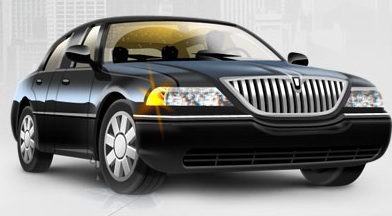Another day, another regulator seeking to shut down Uber. At least that’s what it looks like, this time in Chicago.
The city’s Business Affairs and Consumer Protection department (BACP) last week issued proposed regulations that would essentially prohibit car services from using electronic devices to measure time and distance to determine fares when picking up and charging users. And since Uber is all about using mobile phones as a way to not just hire black cars on-demand, but also to determine how far they traveled and what a rider’s fare should be, that means that the new regulations, if accepted, could mean a shutdown of Uber’s black car service in Chicago.
Uber goes into more detail about the proposed rules on its blog, but the two important sections are Section 1.10.a, which would prohibit any “mechanical, electronic, or digital meters/equipment to measure and calculate passenger fares based on distance and/or time traveled,” and Section 1.10.c, which would brand any car that used those devices as “an unlicensed taxicab.”
The problem, according to Uber CEO Travis Kalanick, is that Chicago limo services already charge by time and distance today — mainly by looking at a watch or at the odometer. The difference in what Uber provides is that its app makes the experience more accurate and transparent.
“The taxi industry has decided to pull out every weapon they have to try to crush Uber in Chicago,” Kalanick told me. Early last month, the company was sued by Chicago taxi and limousine companies in the city. It also received some minor citations from the BACP on the same day the lawsuit was filed, Kalanick said. But the new regulations pose the biggest threat Uber has faced in that city.
“The laws as they are in Chicago are very innovation-friendly today,” Kalanick said. “What they’re proposing are un-innovation-friendly rules. It’s not clear what good they’re trying to accomplish.”
To combat the move, Uber is urging its riders to email their comments to the BACP, telling the agency to “Remove the No Measured Rates Provision (PPV Sec. 1.10)” from its proposed regulations. It’s also asking them to contact local officials with the same request.
It’s not clear how effective that campaign will be, though public outcry in both Boston and Washington, D.C., stunted proposed bills and regulations that would impinge on its operations in those markets.
